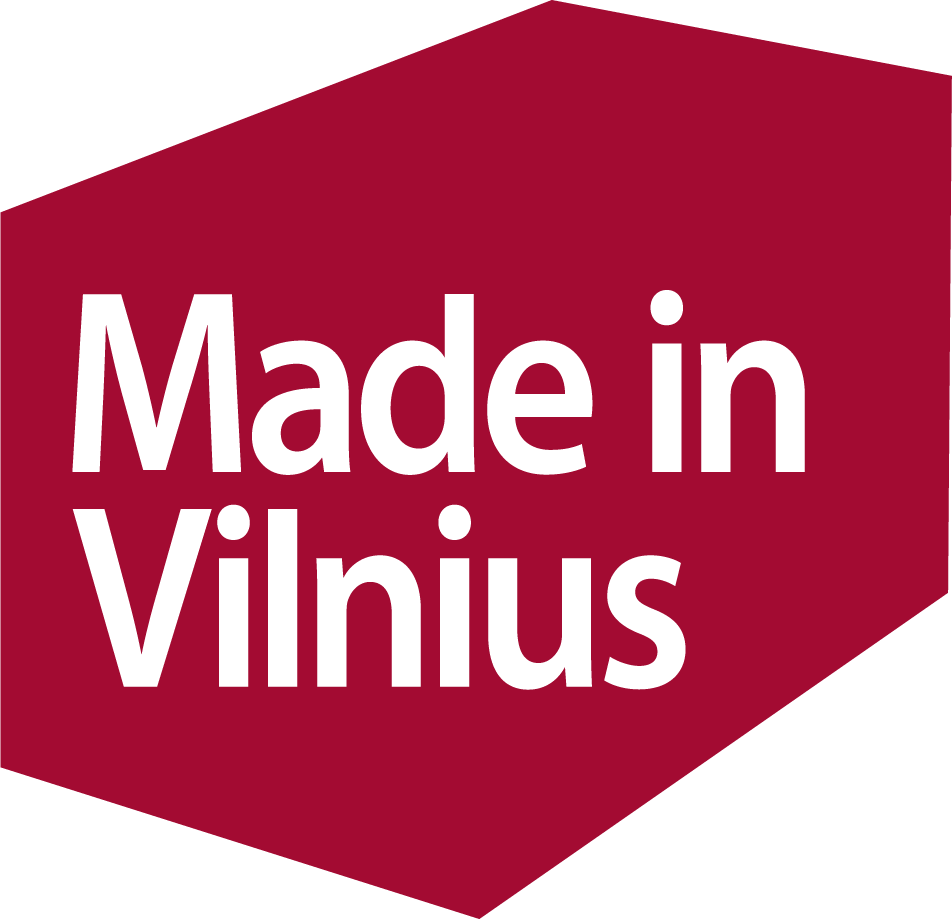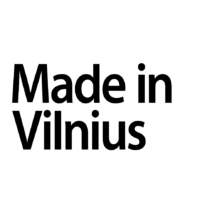The three-day international hackathon "DigiLogistics Hack" will start on Friday in Vilnius, in Vilnius Tech Park, where 16 mentors and startup teams gathered from various European countries will look for answers to the questions of how data exchange systems between responsible state authorities should work if paper documents are abandoned. institutions and the private sector. Digital data exchange in the transport logistics sector will shorten cargo delivery times, make border crossing procedures smoother, and reduce the impact on climate change.
"For the first time, business, innovation and programming experts from several European countries are gathering for practice in Lithuania and will be looking for practical solutions here. Everyone has a clear goal - to discover ways to make logistics processes both more efficient and less harmful to nature. It's hard to believe, but this is really happening in Vilnius, so here, we believe, solutions will be born that will be applied by logistics companies all over the world," says Asta Kazlauskienė, head of the Transport Innovations Association, which organizes the hackathon.
At the hackathon, 4 main challenges have been set that the participants will have to overcome: ways of using metadata for transport and logistics processes, intermodal (where more than one mode of transport is involved) cargo transportation and logistics possibilities, digitization and acceleration of border crossing (customs-related processes) and carbon dioxide that connects all search for mitigation methods.
Startup teams from Lithuania, Estonia and Finland will work with 16 mentors - innovation professionals in their fields. Among them are Matti Lankinen, who worked for Nokia for 18 years and was responsible for international business management, Ulrika Hurt, R&D and policy expert on the European Electronic Cargo Information Regulation and Digital Supply Chains, Eva Killar, an official at the Estonian Ministry of Economy and Communications, Jurgis Adomavičius, founder of UAB "Bunasta", Chairman of the Board of the Transport Innovation Association and others.
On the first day of the hackathon, the teams will be introduced to the challenges, mentors and will start working in teams, on the second day, the participants will have a mentor's lecture and a teamwork session, and on the third day, the teams will finish their work and present their findings of overcoming the challenges to their colleagues. How the teams cope with the challenges will be evaluated by a commission of logistics and international business professionals, who, in their opinion, will be the participants of the hackathon who proposed the best solutions on Sunday at 17 p.m. will be awarded cash prizes.
"In today's world, without digitization, business success is practically impossible, so we pay a lot of attention to it," says Osvaldas Švitra, a member of the commission and the director of cargoGo, a company that uses logistics innovations in its operations. "Professionals in their fields and original-thinking young startups gathered here will, I believe, discuss simple and ingenious solutions that, if applied, will enable us to speed up the digitization of logistics."
This hackathon, organized by the Transport Innovation Association, is one of the ways to achieve the goals of the EU Baltic Sea Region Strategy and is supported by regional organizations such as CaaS Nordic, LIKTA, KiGeiT, InfoBalt, etc. This cooperation initiative prepares for the implementation of the European Electronic Freight Transport Information (eFTI) regulation.
The purpose of eFTI is to create legal regulation and standards for the electronic exchange of information on freight transport within the EU. In implementing the regulation, technological solutions for the electronic exchange of documents between the public and private sectors will have to be developed. In 2025, the eFTI regulation will enter into force in the public sector and member countries will be required to accept freight transport documents from market participants in electronic format. This would be aimed at overcoming several challenges: shortening the delivery time of goods, making border crossing procedures smoother, reducing the impact on climate change, and abandoning paper documents. It is estimated that the full implementation of this regulation would reduce administrative costs for operators by up to 27 billion. EUR, and operators' working hours for document management would be saved for approximately EUR 75-102 million per year. euros.

